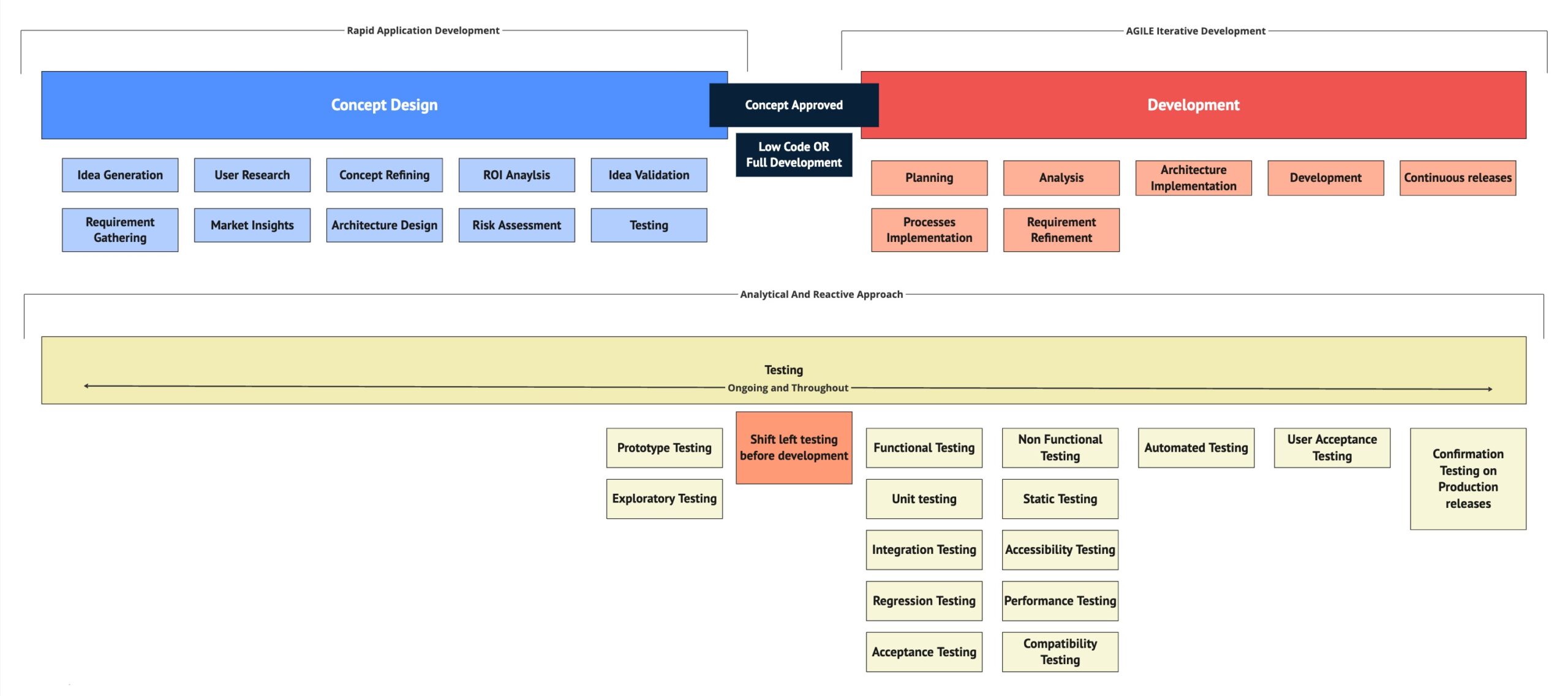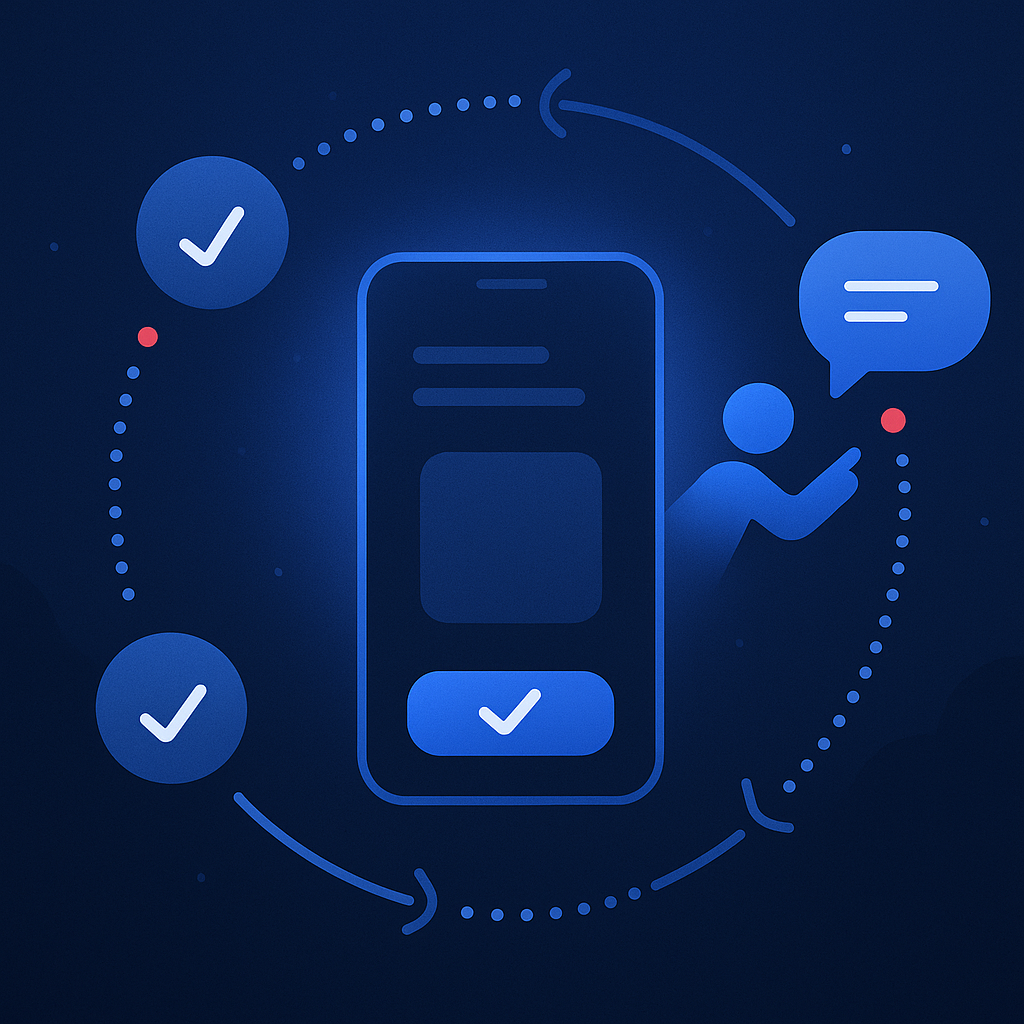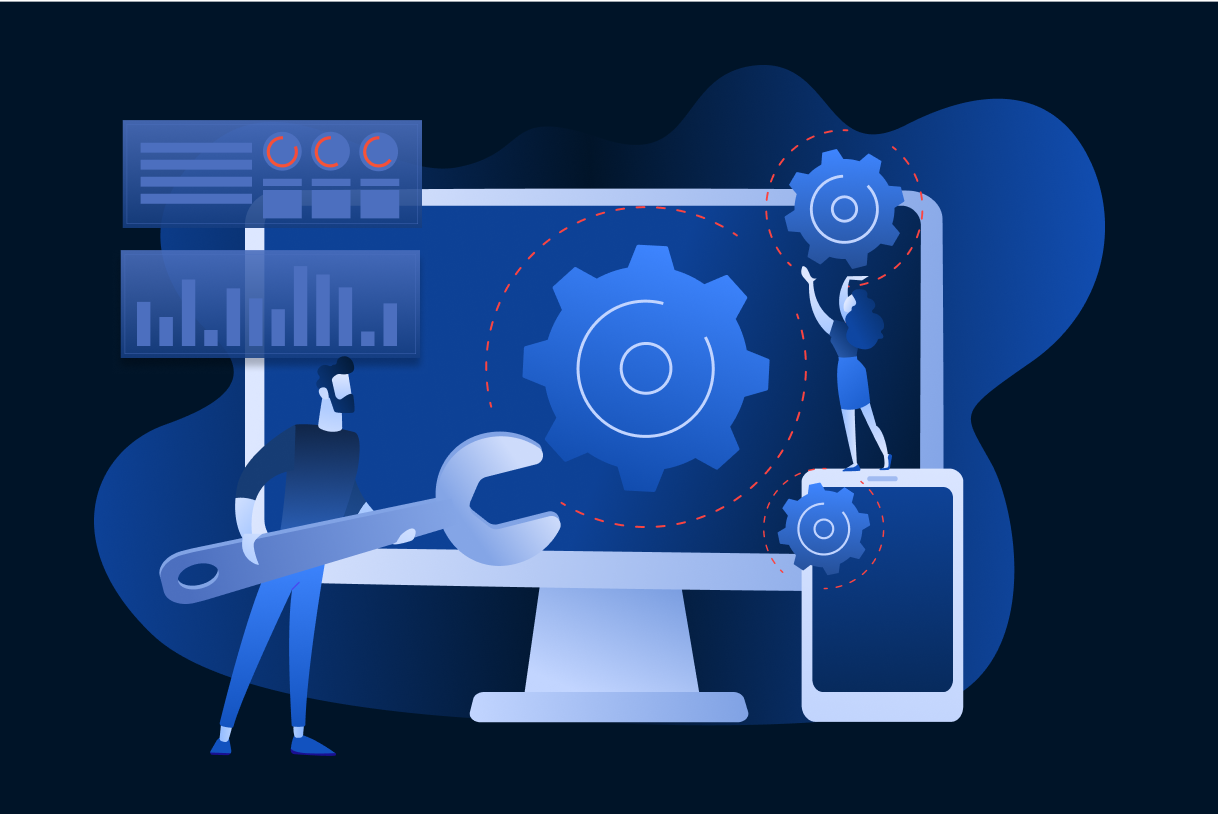In today’s rapidly evolving innovation landscape, transforming ideas into successful products requires a well-defined validation and software development process. We are continuously crafting our process to enable us to bring winning concepts to life efficiently. Join us as we delve into Polymorph’s approach to
- concept design and validation,
- software development,
- and testing frameworks.
The Polymorph Concept Design Process
At the core of Polymorph’s success lies its meticulously crafted concept design process. This iterative journey begins with a spark of inspiration and evolves through user-centric iterations. Concept design at Polymorph is not merely about generating ideas; it serves as a strategic gateway to validate concepts, assess potential business ROI, and mitigate risks early in the development cycle.
The concept design process includes various stages, each aimed at refining ideas and gathering actionable insights. It starts with defining the target customer and validating the perceived underserved need, supported by the business’s key objectives.
Polymorph leverages various research methodologies and market insights to gather valuable feedback and validate assumptions. Third-party experts and consultants may also be involved to provide specialised knowledge and insights, enriching the concept with diverse perspectives and expertise.
This holistic approach to concept design embodies the essence of rapid application development (RAD) without software development, ensuring early validation and rapid prototyping to accelerate the path from idea to reality. Through a combination of creativity, collaboration, and strategic thinking, Polymorph transforms innovative ideas into tangible solutions that meet the needs of users and exceed market expectations.
From Validation to Development
After ideas undergo validation and approval from the concept design phase, we continue into the software development phase, blending Agile methodology with rigorous testing for optimal results.
Within the Agile development framework, Polymorph emphasizes iterative and incremental progress, fostering regular collaboration among diverse teams and stakeholders. This iterative approach empowers the team to swiftly respond to evolving requirements and market conditions, consistently delivering value to clients with each development cycle. Importantly, the product owner remains actively engaged throughout, ensuring a continuous feedback loop that drives product refinement and enhances overall project outcomes.
Polymorph offers a variety of software development options tailored to the unique needs of each project; however, in this article, we will only mention two: low-code software development and fully-fledged software development projects.
Low-Code Development with FlutterFlow
Polymorph leverages low-code development platforms like FlutterFlow to rapidly prototype and deploy applications with minimal coding required. FlutterFlow streamlines the software development process, enabling designers and developers to collaborate seamlessly and iterate quickly on app designs. With its intuitive interface and visual development tools, FlutterFlow accelerates time-to-market while maintaining the flexibility to customize and extend some functionality as needed.
In parallel with this rapid development, we recognize the importance of thorough testing to ensure the quality and reliability of applications built using such platforms. While low-code development expedites the creation process, it also necessitates a robust testing regimen to detect and rectify any potential issues or glitches.
This includes both analytical and reactive testing methodologies tailored specifically to the nuances of low-code development environments which will be spoken about later in this article.
Fully-Fledged Development Projects
For projects requiring more extensive customisation and functionality, Polymorph offers fully-fledged software development services. Our seasoned developers dive deep into the unique needs and business goals of our clients, ensuring every aspect of the project aligns with their vision. We kick off with meticulous planning, laying a solid foundation for success. From architecture design to implementation and testing, we leave no stone unturned in our pursuit of excellence.
Our developers bring expertise and cutting-edge technology to bring designs to life, with constant client collaboration ensuring their vision remains central. Testing is a non-negotiable step, guaranteeing robustness and reliability before any solution goes live.
Regardless of the chosen software development approach, Polymorph emphasizes the importance of testing throughout the development and concept design lifecycle.
Analytical and Reactive Testing Frameworks
In the context of Polymorph’s testing process, the Analytical and Reactive Testing Frameworks play a crucial role in ensuring the success of the developed product.
Analytical testing serves as a foundation of Polymorph’s quality assurance process by meticulously assessing the product’s functionality based on the test basis and the risk associated with these. This phase involves conducting structured tests and reviews to identify any potential issues or bottlenecks that may hinder the product’s performance or user experience. By employing a comprehensive suite of testing methodologies, including functional testing, security testing, and static testing, Polymorph ensures that the product meets the highest standards of quality and reliability.
The connection between concept design and analytical testing lies in the iterative nature of the product development process. As concepts evolve and undergo validation, analytical testing provides valuable insights into the feasibility and viability of these concepts. It helps identify any technical or functional limitations early in the development cycle, allowing for adjustments and refinements to be made before significant resources are invested.
On the other hand, reactive testing complements the analytical approach by providing real-time insights into user behaviour and preferences. This phase involves observing user interactions and conducting A/B testing to gather feedback directly from the target audience which in these cases can be the QA or UAT users if the application is not yet market ready. By leveraging this iterative feedback loop, Polymorph can fine-tune the product based on user preferences and market trends. This ensures that the final product not only meets the functional requirements but also resonates with the intended audience, delivering a seamless user experience.
Overall, the Analytical and Reactive Testing Frameworks are integral components of Polymorph’s idea delivery process, working in tandem to validate ideas, refine concepts, and ultimately deliver successful products to market. By incorporating these testing strategies into every stage of the product development lifecycle, Polymorph ensures that its solutions are not only innovative but also practical, reliable, and user-friendly.

In conclusion, Polymorph’s integrated approach to concept design, development, and testing keeps to the highest standard for innovation in the industry. By embracing RAD principles and leveraging a blend of analytical and reactive testing strategies, Polymorph delivers products that exceed expectations and drive business success.
As you embark on your product development journey, consider partnering with Polymorph to turn your ideas into reality.
Contact us to explore how we can help bring your vision to life.



